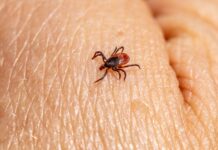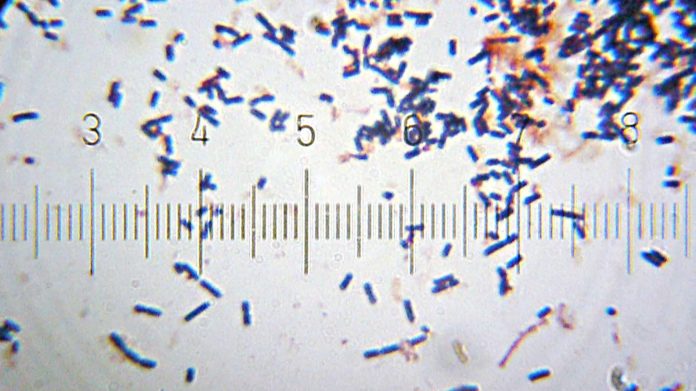Probiotics are an increasingly popular home remedy among parents for treating children with symptoms of gastroenteritis, a stomach infection commonly called a stomach flu, that can cause vomiting and diarrhea. Although well-meaning, these attempts to accelerate a return to good health may be useless, according to Canadian and American researchers.
Standard treatments for gastroenteritis are to restrict patients to bed rest, and instructing them to drink plenty of fluids and use anti-nausea medication if necessary. There is no direct ‘cure’ as such, and this may have influenced some parents to use probiotics as an alternative.
The idea behind using probiotics is that they rebalance intestinal bacteria and boost our immune systems, thereby combating the dreaded “stomach flu”. Besides concerns about the cost of this treatment, researchers were suspicious about its efficacy.
“Some smaller studies have indicated that probiotics may help; however, such studies had a number of limitations,” says lead author David Schnadower.
“We sought to provide independent and conclusive evidence for or against probiotic use in infants and toddlers with acute gastroenteritis.”
Has the classic placebo test put this treatment to rest?
The research comprised twin studies in the US and Canada. Both were placebo-based double blind tests, and trials were conducted in multiple locations across each country.
Close to 1,000 kids, aged 3 months to 4 years, who were treated between July 2014 and June 2017 participated in the study. A child was eligible to participate if they had been brought to the emergency room after showing signs of gastroenteritis and had not taken probiotics within the previous two weeks.
While in recovery, half of the kids in each study were randomly assigned a probiotic, and the other half, a placebo.
In the US study, the probiotic LGG – often sold over the counter as Culturelle – was featured. The Canadian study, headed by the University of Calgary, featured Lacidofil, but the results were a mirror image – probiotics had no effect on recovery time.
“We tested many different scenarios – infants compared with toddlers, whether the patient had taken antibiotics, whether the gastroenteritis was caused by virus or bacteria, and how long the diarrhea had been going on before the treatment was given,” adds Schnadower.
“We also had the probiotic independently tested for purity and strength. Every time, we reached the same conclusion.”
Skepticism about probiotics extends far beyond the stomach flu
Whether probiotics work at all, never mind for the treatment of gastroenteritis, remains controversial. The supplement came under fire in 2018 from a group of Israeli researchers who found they are borderline useless and possibly harmful in some cases.
Whatever the case, when it comes to kids going through a bout of the stomach flu, it’s best to stick to the official line for recovery: bed rest, plenty of fluids, and a visit to the hospital if symptoms are serious enough.





































